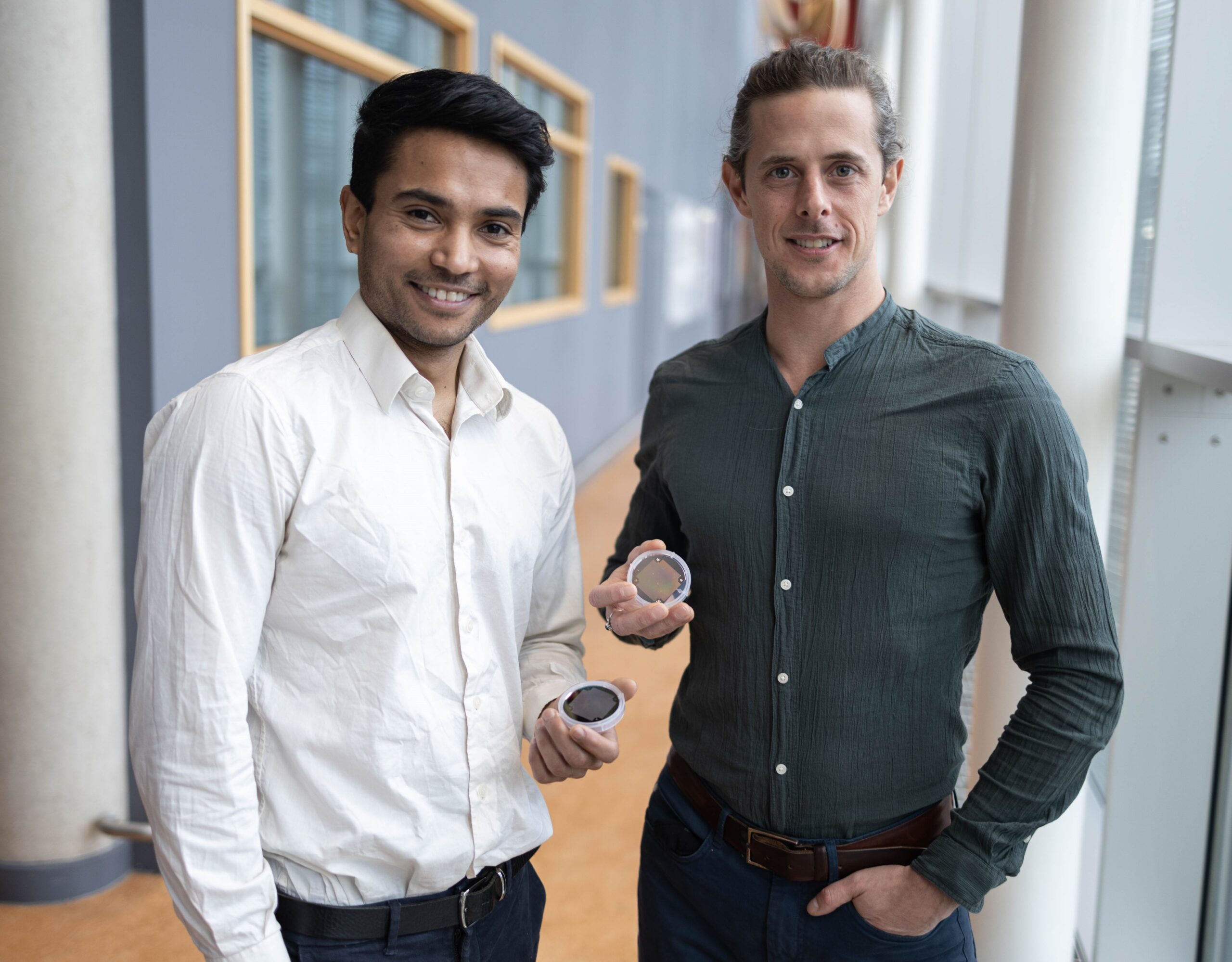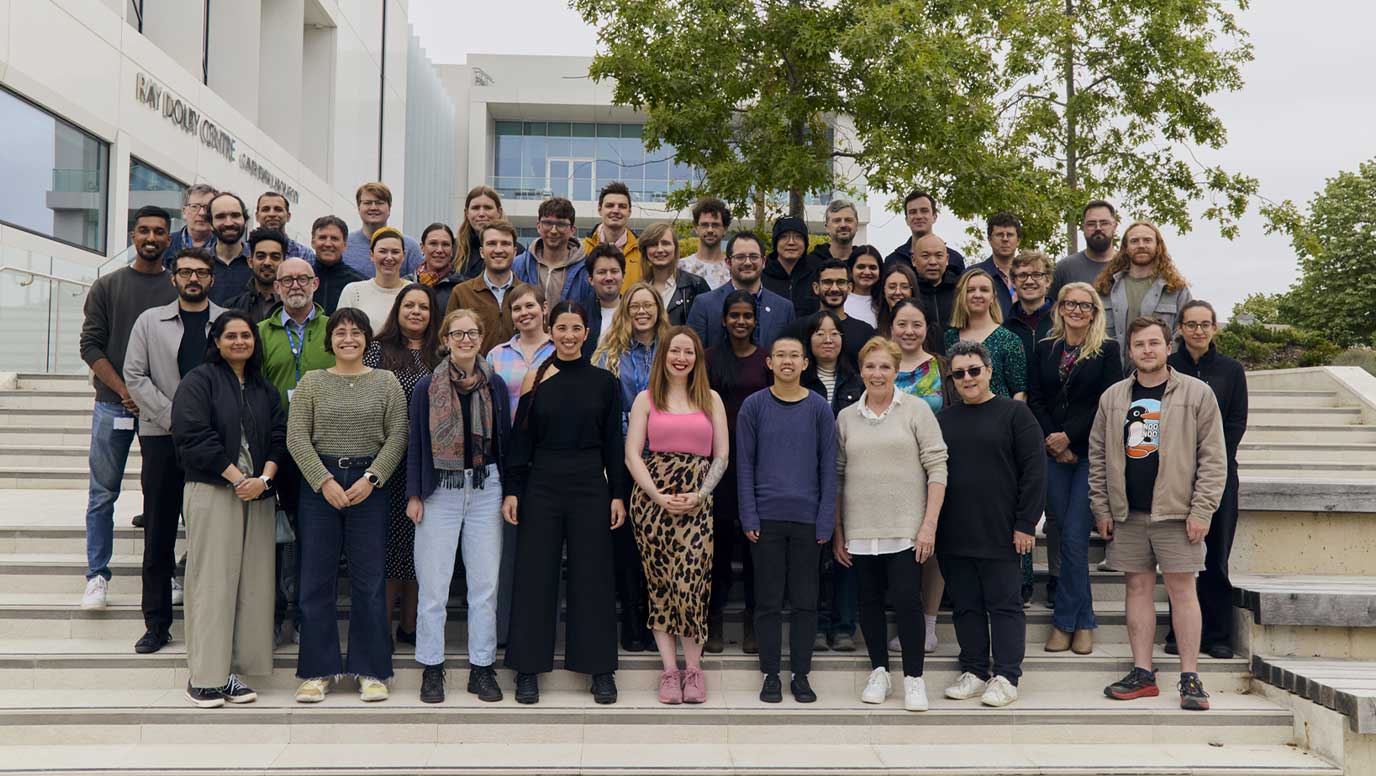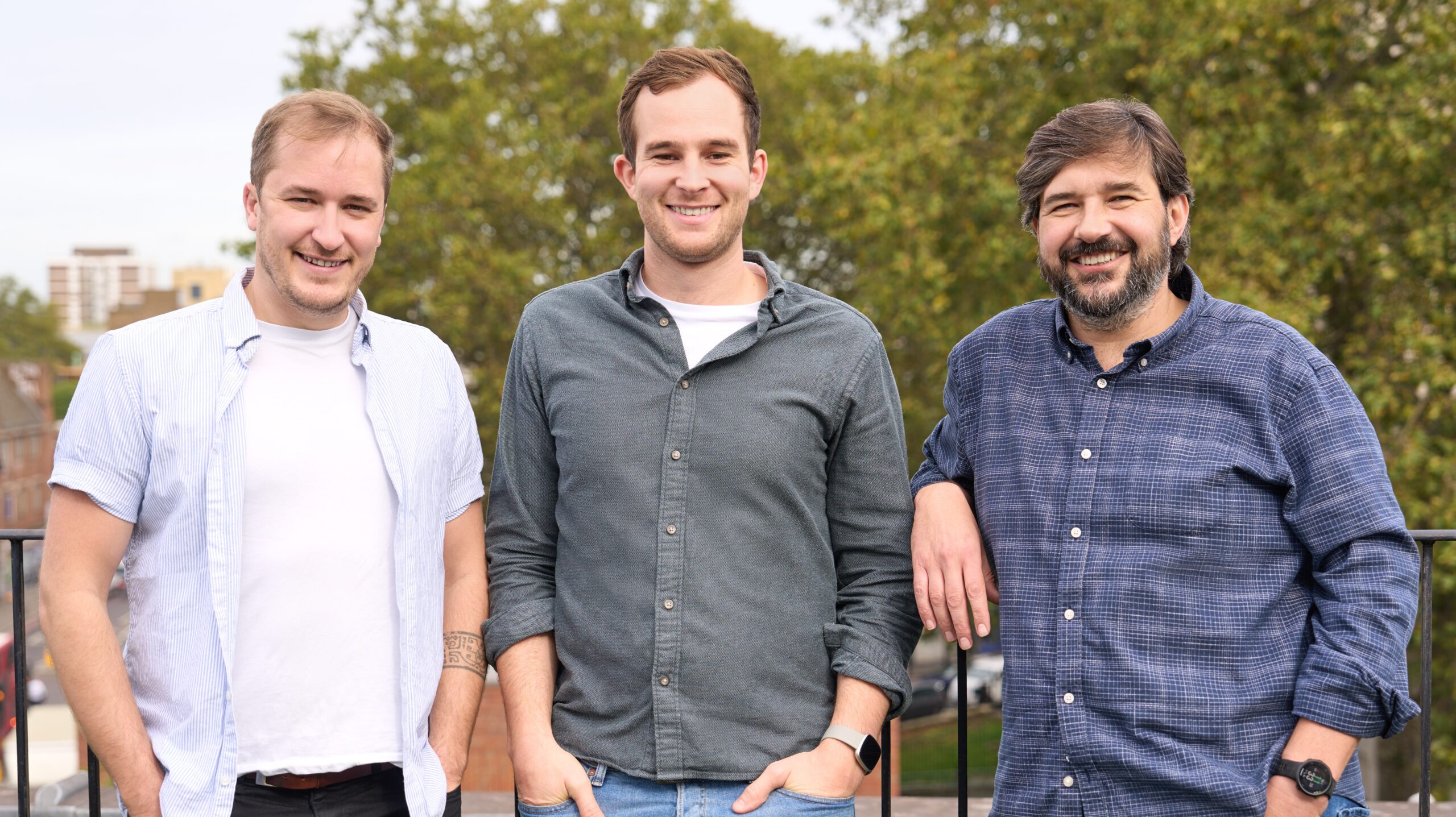News

Semarion raises £2.14m seed funding to commercialise cell assaying platform
February 22, 2022

Semarion raises £2.14 million GBP ($2.89 million USD) seed funding
- Funding will support recruitment, commercial partnerships, and further development of Semarion’s SemaCyte cell assaying platform, which turns adherent cells into liquid reagents to enable novel drug screening methodologies
- Investors include Parkwalk Advisors, University of Cambridge Seed Funds, Martlet Capital, and angel investors
Semarion Ltd, a University of Cambridge spin-out company from the Cavendish Laboratory combining materials engineering and cell biology to tackle unmet drug screening needs, announced today that it has closed a £2.14 million GBP seed funding round. The investment round was led by Parkwalk Advisors, with the University of Cambridge Seed Funds, Martlet Capital, and angel investors also contributing to the fundraise.
The funding will support the commercial development of Semarion’s SemaCyte® cell assaying platform. It will also enable further expansion of the team, as Semarion recruits scientists and engineers, and establishes additional research partnerships with biopharma partners for bespoke solutions to cell screening challenges.
SemaCytes, developed by Semarion, are a novel class of cell carrier materials, created using microchip fabrication technologies, nanomagnetism, and smart materials. These assaying microcarriers are flat and function as ultra-miniaturized, magnetically steerable wells which carry small colonies of adherent cells into suspension to improve cell-based experiments. They enable the controlled movement of cell types which need to stick to a surface, namely those typically used for in vitro drug screening work. By facilitating workflow automation, assay miniaturisation, and cell barcoding, this technology improves the quality and reproducibility of cell screening data while reducing the time and cost to deliver research outputs. SemaCytes integrate with existing workflows and are compatible with various multi-well plate formats, liquid handling tools, and imaging tools such as high-content screening equipment.
Semarion was co-founded at the Cavendish Laboratory in 2018 by Jeroen Verheyen (CEO), Tarun Vemulkar (CTO), and Professor Russell Cowburn. Jeroen’s background in cell model development and Tarun’s experience in advanced materials and microfabrication drive Semarion’s vision to address foundational bottlenecks in drug discovery by integrating expertise across disciplines. Previously, the Company received pre-seed funding and business support from Start Codon, a UK venture builder and investor, who supported the transition of the company out of the University.
Jeroen Verheyen, Co-Founder & CEO, Semarion, said: “This is a crucial step towards the commercialisation of our SemaCyte cell assaying platform. We were excited to see our product testers appreciate its truly unique features. We aim to keep working closely with biopharma partners to address their unmet cell screening needs. I would like to thank all our investors and supporters for believing in the Semarion team and the SemaCyte technology.”
Cassie Doherty, Investment Director, Parkwalk Advisors, commented: “There is a clear need within the industry for Semarion’s new platform, to support in vitro research on cell models. We are delighted to support the Company in this initial funding round and look forward to being a part of their continued success.”
Dr Del Trezise, Advisor and Non-Executive director at Semarion said: “Our investors have identified the potential of Semarion’s technology, which is uniquely positioned to address a significant market opportunity and revolutionise drug discovery approaches. I look forward to working with the team to support the Company as it progresses to the next stage of commercial and scientific expansion.”
For more information about Semarion, please visit: https://www.semarion.com/
About Semarion https://www.semarion.com/
Semarion is a spin-out company from the Cavendish Laboratory at the University of Cambridge, operating at the edge of the physical and life sciences. By using microchip industry materials and techniques we are revolutionizing in vitro research on cell models to help create better medicines, faster.
Our SemaCyte® cell assaying microcarriers are flat and function as ultra-miniaturized, steerable wells to which small colonies of adherent cells are attached. We can now move and control adherent cells in liquid to accelerate, miniaturize, and multiplex cell assays. This unique approach drives 10x gains in drug screening applications such as molecular profiling, cell panel screening, or patient-derived cell work.



